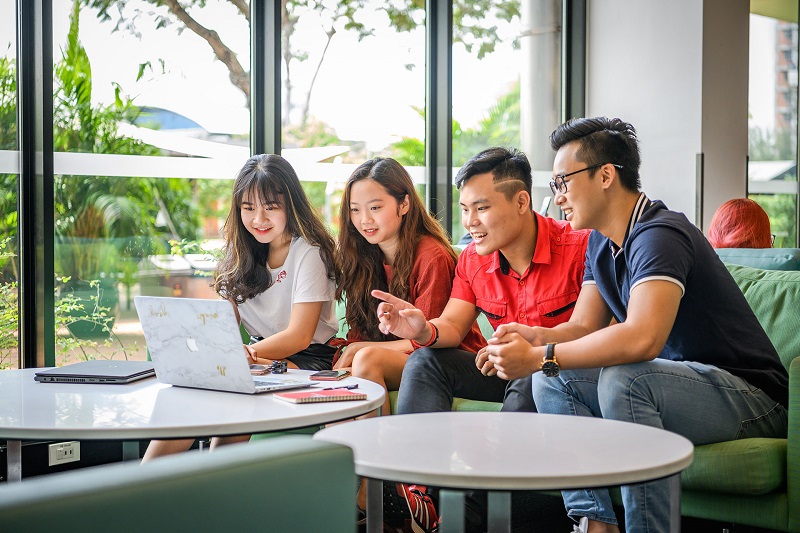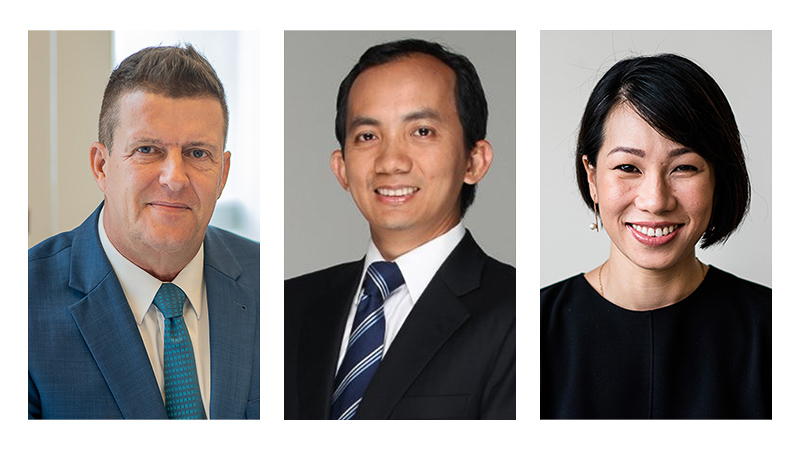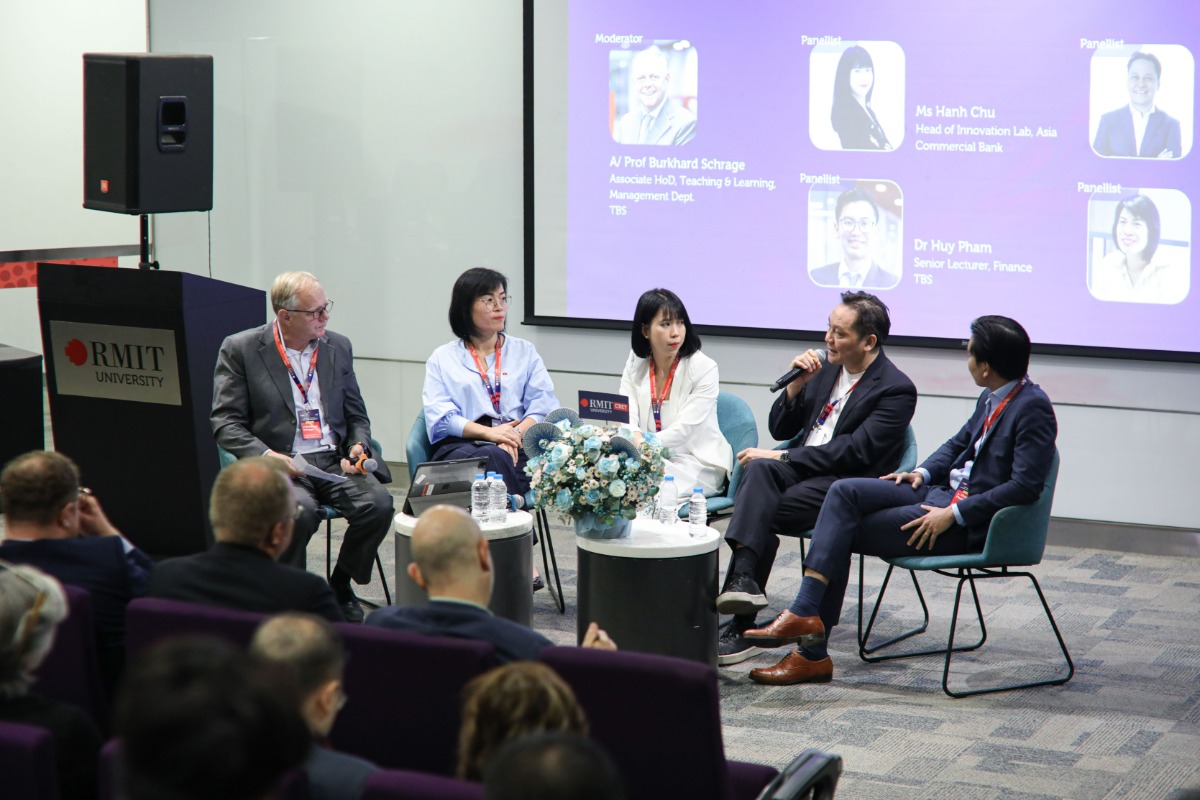“The COVID-19 pandemic will not be the last disruption that the world experiences. We will need to get our students ready with skills required to manage and thrive in uncertainty,” said RMIT Vietnam Executive Dean (Academic Students) Professor Rick Bennett at the online forum held with international experts from Vietnam, Australia and Europe.
“Being agile has never been more important. Moreover, graduates should be fluent in asking difficult questions, leading with purpose and courage, and exercising cultural intelligence,” he said.
While producing outstanding graduates with in-demand knowledge and skills has been the focus of international universities in Vietnam like RMIT University, the introduction of online delivery as the norm during the social distancing period has given this purpose a drastic digital boost.
“Digital learning of any form, even as part of a bigger blended delivery strategy, means we are really setting our graduates up for success so they can fully embrace the digital economy the moment they leave campus,” said Professor Bennett.
Panellists from the business community at the forum also pointed out that universities, especially international ones, can leverage this change to deepen their impact and create public good.
Mr Tai Le, Managing Director of Merita Capital, believes that “international universities could explore how to use this unprecedented digital connectivity to further transform their offerings.”
“Student access to the global community, traditionally done through study tours and student exchange programs, could be expanded with a range of new virtual options,” he said.
Chairperson and Co-founder of Australia - Vietnam Young Leadership Dialogue (AVYLD) Ms Cat Thao Nguyen said that international universities have the capacity to pioneer the co-creation of sustainability solutions in Vietnam, particularly within the education ecosystem.
“The COVID-19 global pandemic underscores that we are highly interconnected, not only as individuals but also as institutions. Our challenges are collective challenges. The way we overcome them is through collaboration and co-creation,” she said.






